Compost piles are complex organisms all of their own. Like a digestive system, lots of things work together to break down the organic matter and turn it into compost.
Also, like a digestive system, compost heaps need the right balance of ‘foods’ to keep it healthy.
The composting process generates heat as a byproduct of the microbial breakdown of organic materials. The heat depends on the size, composition, moisture and aeration of the pile.
Sometimes, the compost gets too hot and affects the microbial activity and benefits from compost activity.
I’m going to take you through how to tackle a compost heap that is generating too much heat. I’ll be looking at the causes and remedies of compost overheating.
Healthy Compost Piles
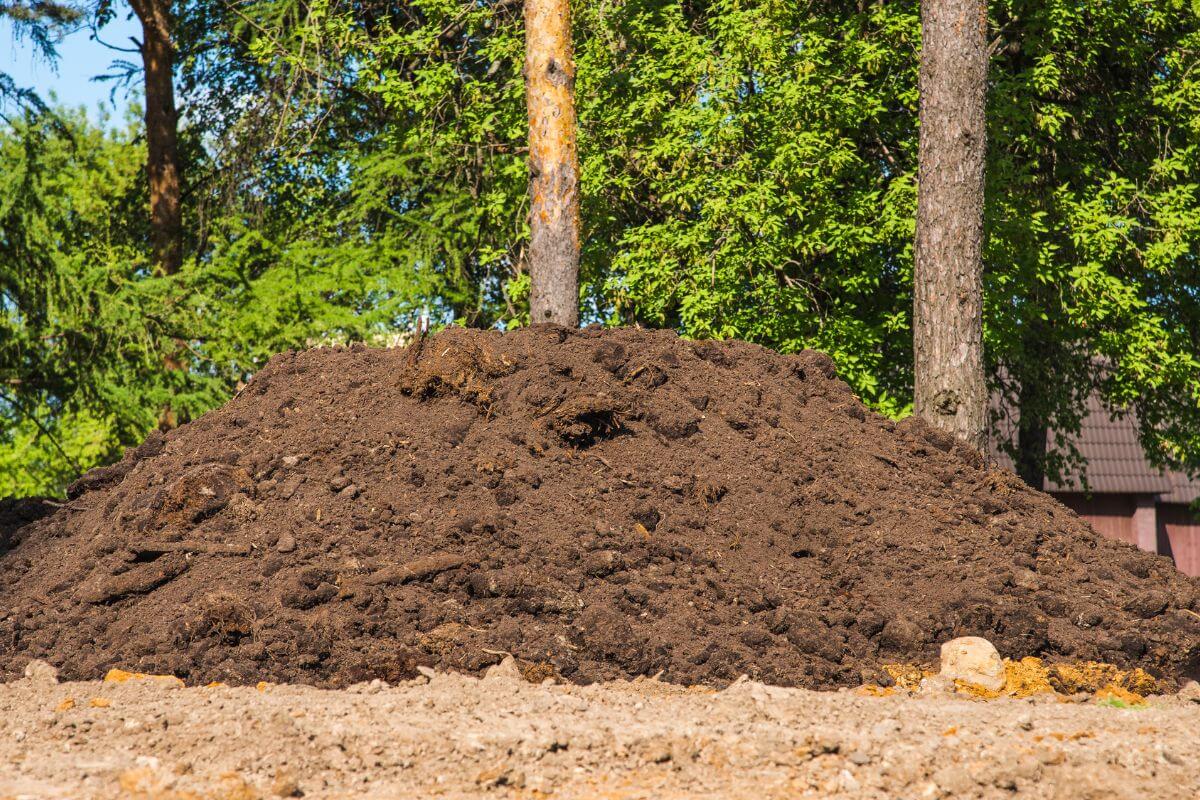
Make sure you are adding a good mix of organic materials rich in carbon (dry brown materials) and nitrogen (wet green materials) for healthy compost and gardens.
When you’re just starting to compost, getting the right balance and mix of compost materials can feel complex matter. The wet materials keep it moist and prevent fires from occurring, but they also cause heat by breaking down quickly.
Dry materials can be a fire hazard, but will slow down the decomposition process and keep your compost from getting too hot. Adding a 50/50 mix of materials is the best way to keep your compost healthy.
How Hot Does Compost Get?
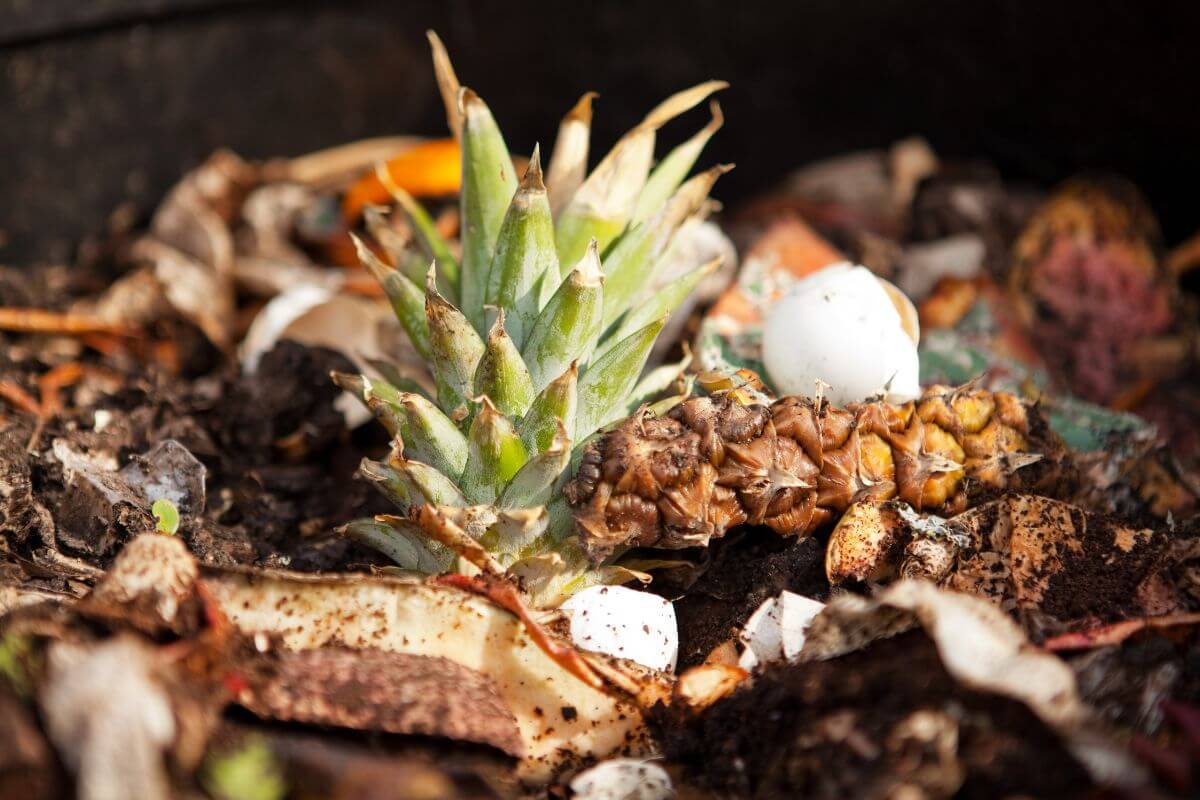
The optimal temperature for compost decomposition is 160 degrees Fahrenheit. The heat of the compost depends on moisture content, aeration and carbon to nitrogen balance.
The main cause of compost being too hot or cold is lack of aeration. Turning your compost pile over regularly and allowing decent airflow will fix most compost problems.
Moisture level is another factor. If your compost pile is too dry, then hot weather plus the compost’s natural heat can cause a fire.
If your compost is too wet, then it can be a breeding ground for bad bacteria that will cause your compost to become a cold, slimy, and smelly mess.
What Happens When the Compost is Too Hot?
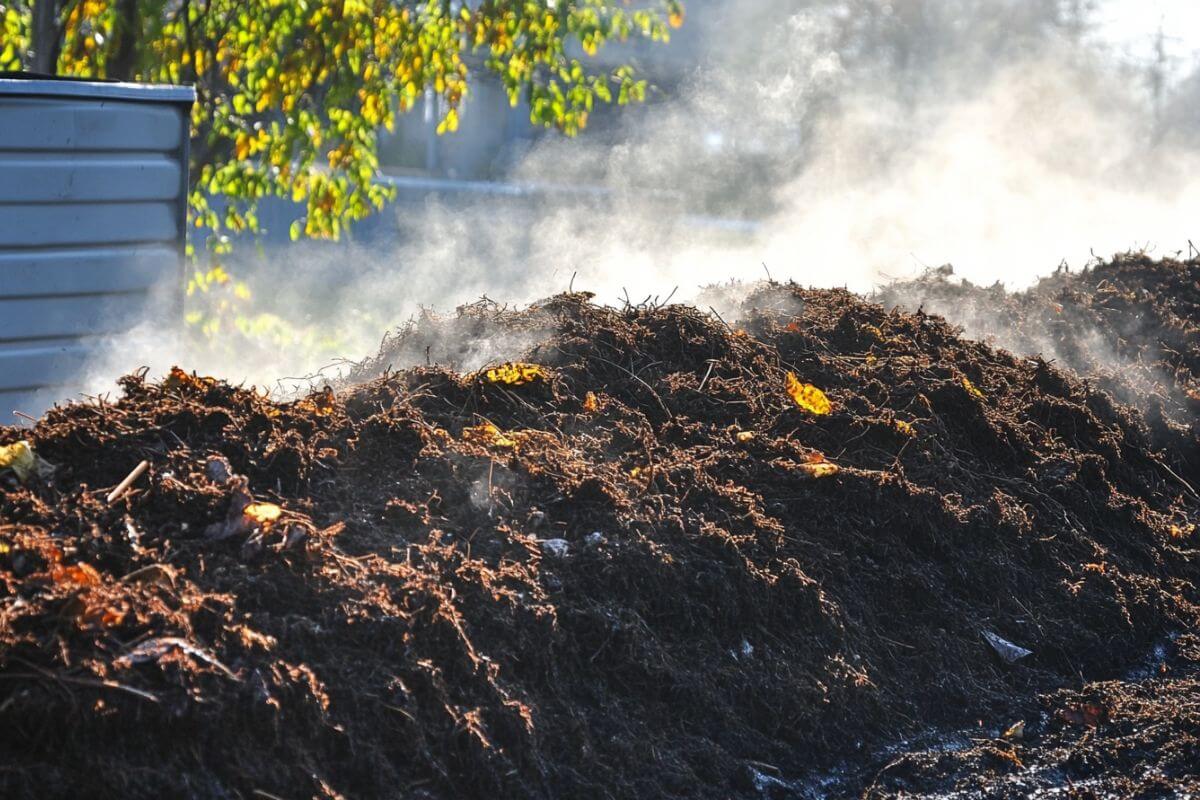
Compost that is too hot will start to kill the beneficial microbes and bugs that help break down the food scraps and other waste into compost.
While high temperatures also help destroy pathogens and unwanted seeds, any temperature exceeding 200°F will have a negative effect on the organisms within your heap.
A hot compost pile will also lose some nitrogen content, which is an essential nutrient for your plants.
While you do need some heat to aid the breakdown of organic materials, you also want to accommodate worms and other bugs to help with the job. A good compost heap is full of life.
What To Do When the Compost is Too Hot
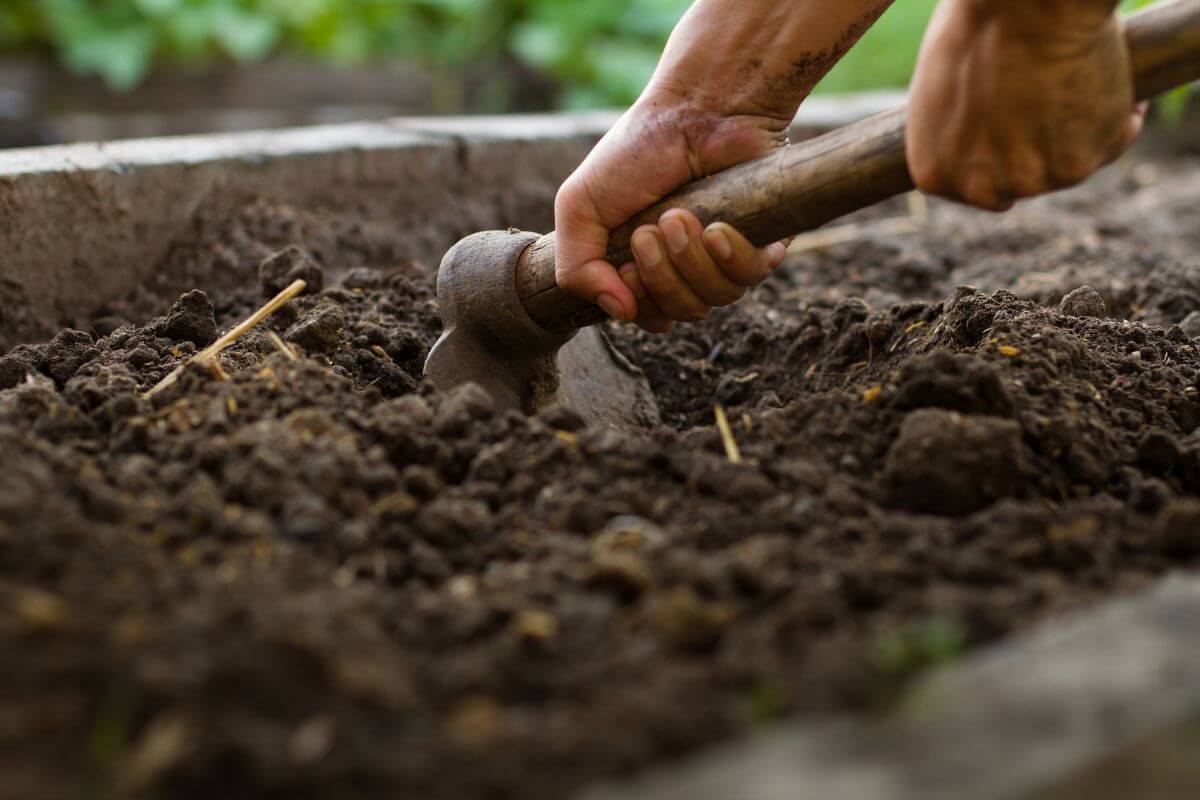
If your compost is too hot, the best thing you can do is give it a good mix and turn it over. By turning the compost with a fork, you will disperse the heat, and mixing it will help the carbon to nitrogen balance.
Turn it about 1-2 times a week to help keep your pile in good condition.
If you find the temperature rising again, check your greens to browns ratio. Add browns (like hay, dry leaves, or wood chips) to slow down the bacteria, but make sure to keep the compost moist.
If you’re worried that your compost is too hot, I recommend buying a compost thermometer to check compost temperatures. Anything between 120 and 170°F is fine.
If you think it’s a little too high, monitor it closely, as you don’t want to kill off any worms or beneficial bugs with extreme heat.
On the other hand, you also don’t want to let the temperature fall below 120°F. This will stop the organic materials from breaking down and weed seeds will start to grow.
Can Compost Catch on Fire?
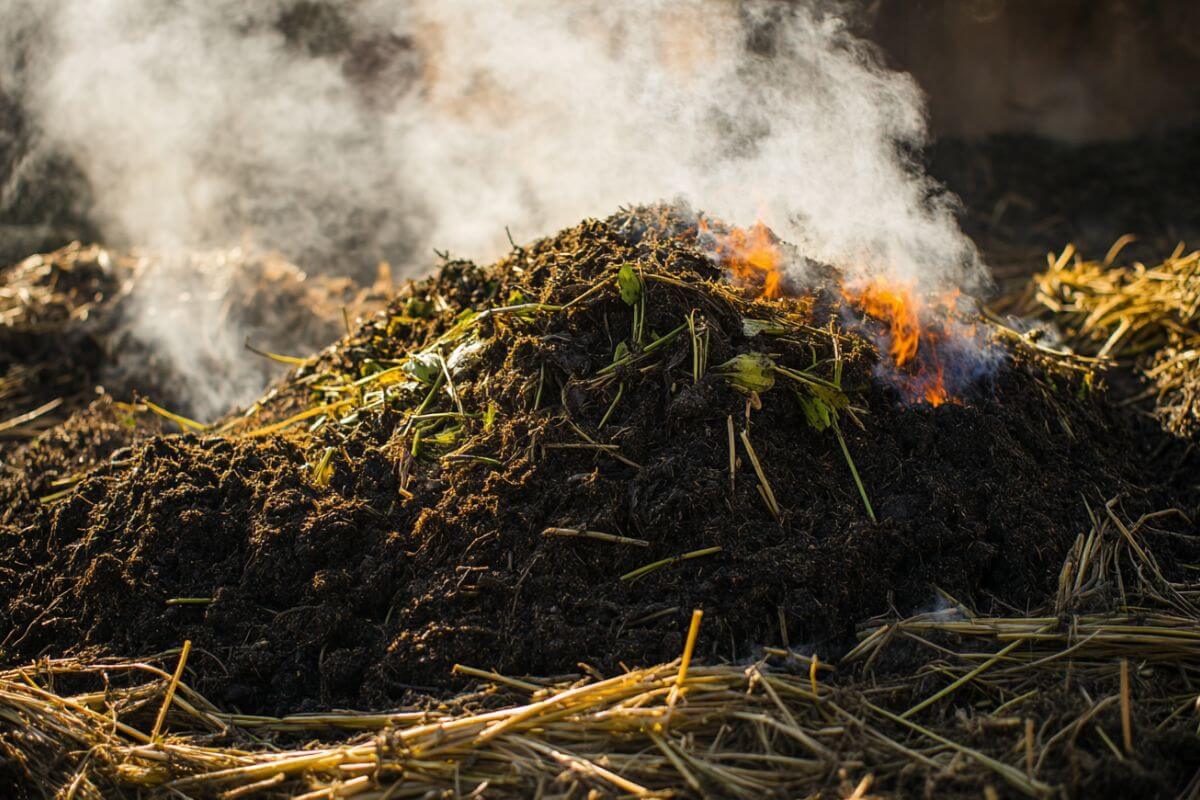
In extreme circumstances, compost piles can catch fire. Although, this is very rare, even for enclosed compost bins in hot weather.
A compost heap will only catch fire if there are pockets of dry material, the airflow is restricted and the heap has very dry patched within it. As long as your compost is moist and well mixed, the chance it will combust is very low.
Compost fires usually only occur in very large compost heaps that have not been mixed properly and left unattended. It is very unlikely that a fire will break out in your backyard composter.
Compost Too Hot Final Thoughts
Compost needs heat to decompose, so don’t be too worried if your compost is a little hot.
When it comes to compost, prevention is best. As long as you’re adding the right 50/50 mix of greens and browns, you should be fine.
A good compost tip is to add a layer of browns over each layer of greens.
For example, every time you empty your kitchen fruit and veg scraps into your composter, also add some wood chips or dry brown leaves.
Remember, just as a balanced diet is essential for your health, the same applies to your compost.
For more helpful compost articles:

